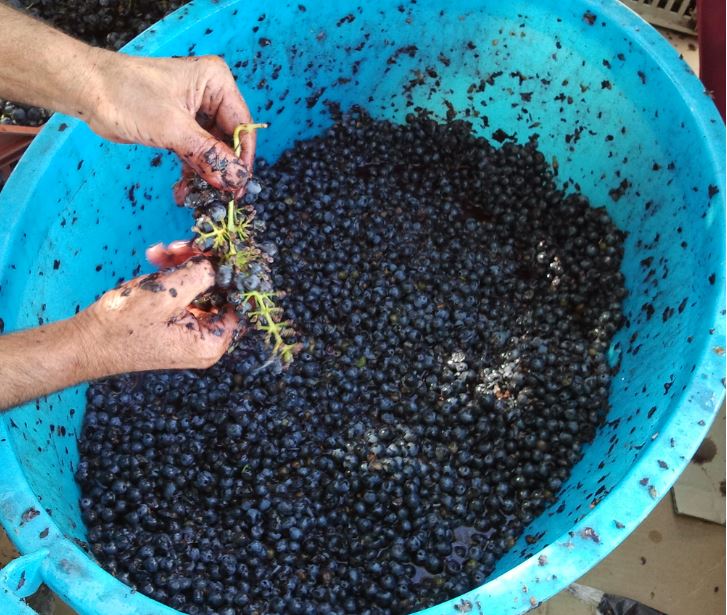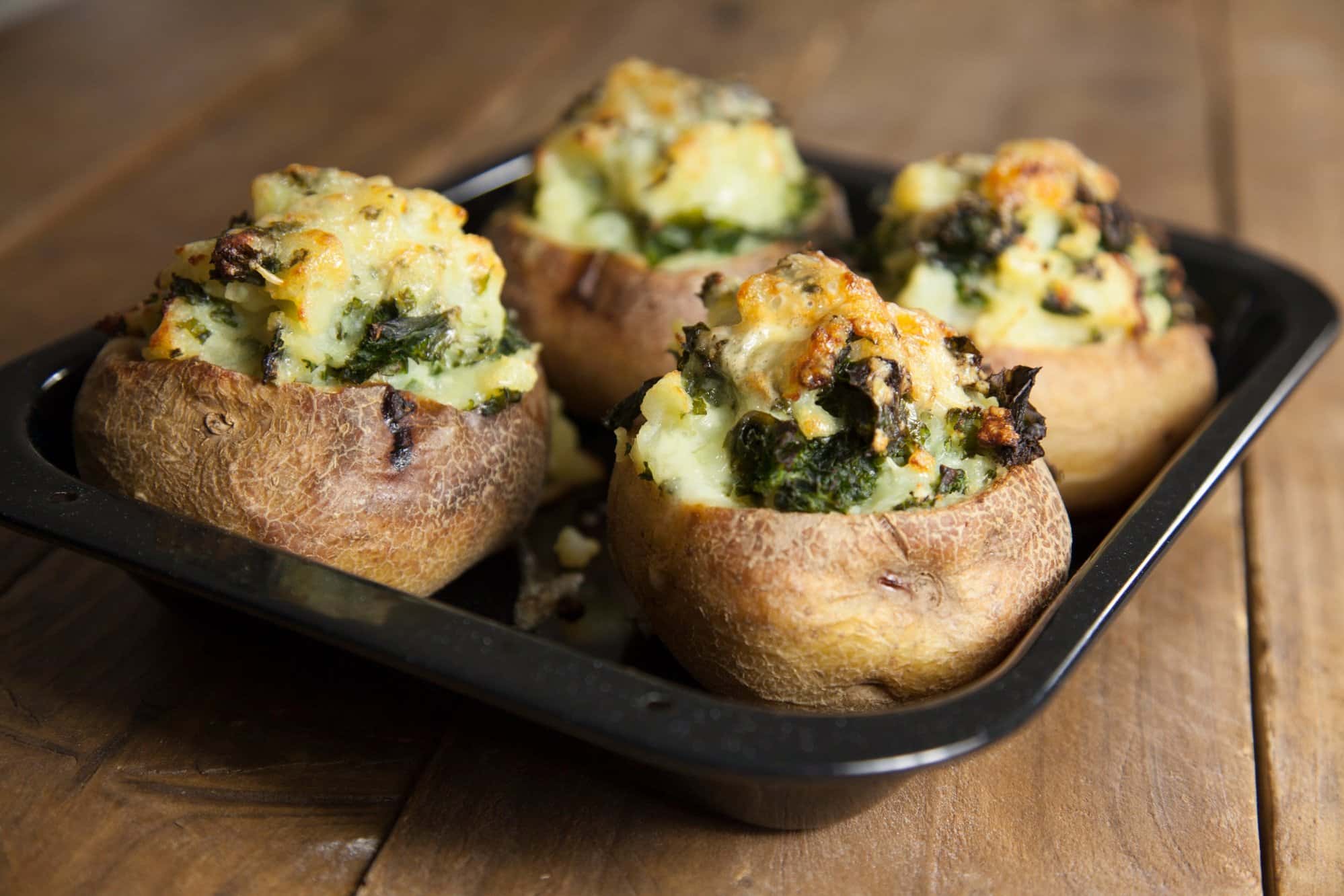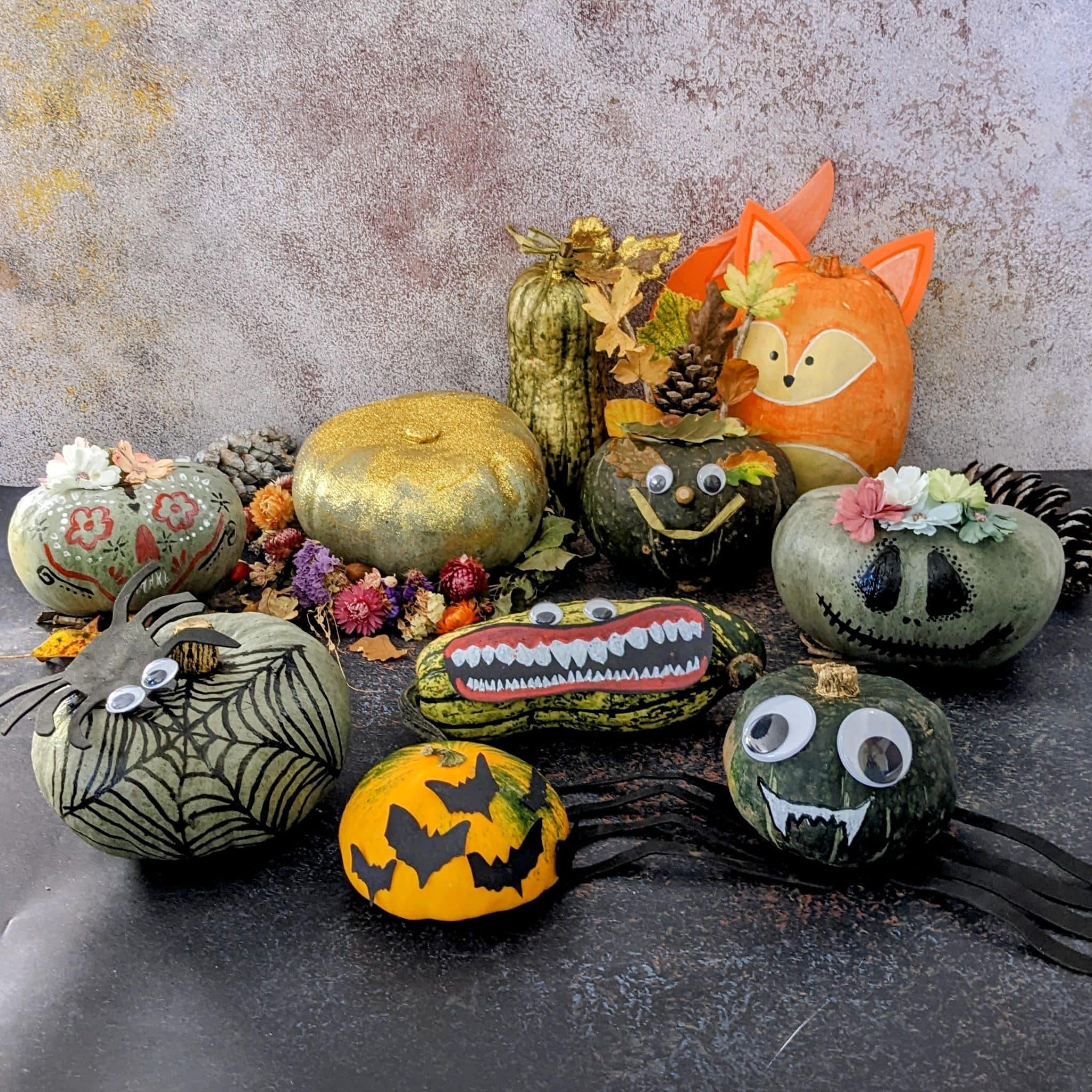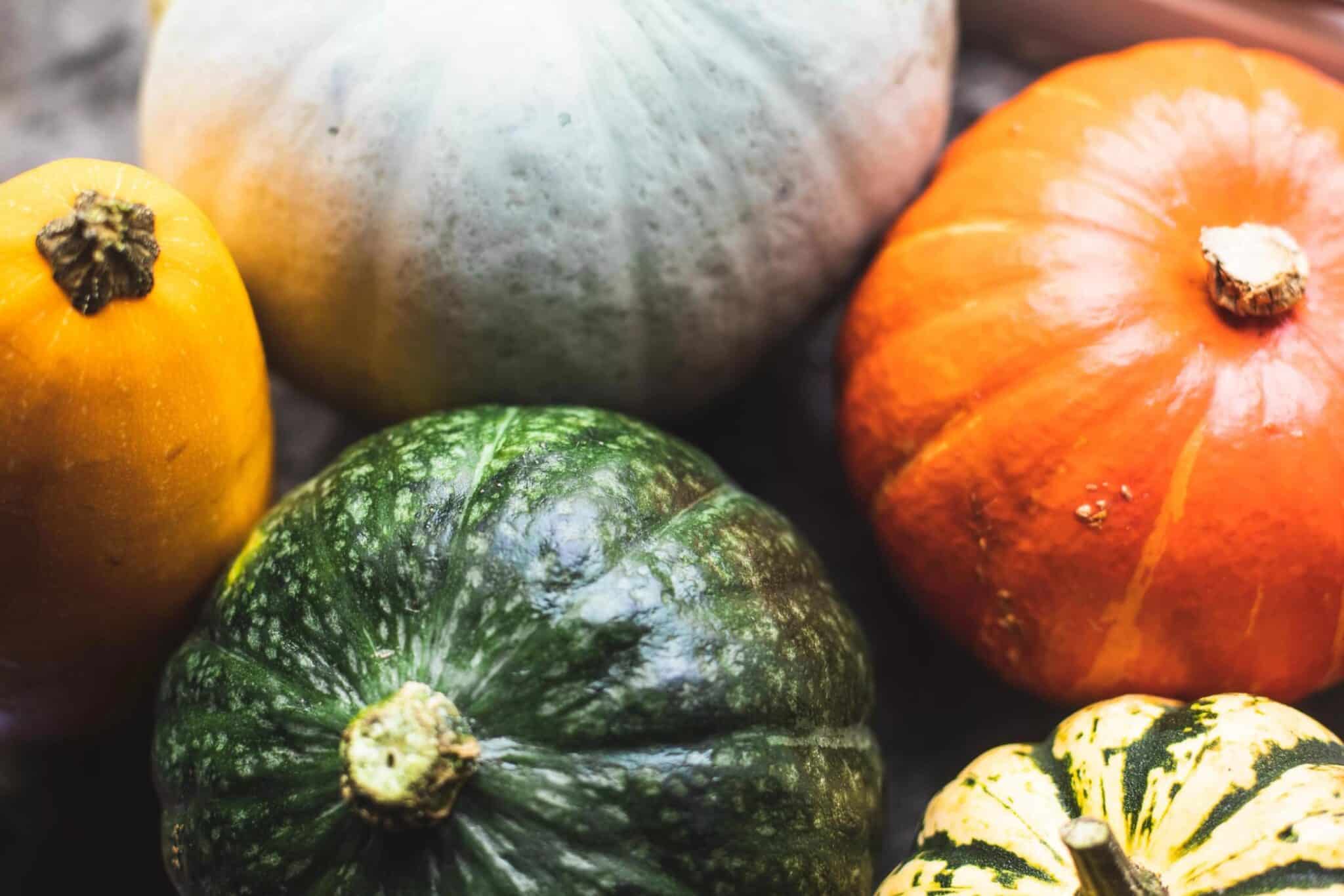Until recently if anyone mentioned vegan wine, let alone tried to buy a bottle, they’d be met with a quizzical look and a shrug of the shoulders. But as our awareness of food and farming has evolved, we want to know more about not just the end product, but how it’s made and where ingredients are sourced.
Demand for vegan-friendly products has grown massively, as many move to a more plant-based diet, but you may be surprised to know your favourite wine may contain unexpected ingredients, such as hidden animal by-products.
Why isn’t wine vegan? It’s just fermented grape juice!

Traditional techniques developed over many centuries still use mostly animal-based additives to refine wines. Mixed in before filtration in a process called fining, these substances help soften the flavour, make the wine clearer and more stable. Without this process, white wine may appear cloudy and red wine may be astringent and bitter. Some additives may not alarm vegetarians too much and may be used in vegetarian wine – casein (milk protein) and egg whites for example. Other additives like gelatin, chitin (crustacean shell fibres), isinglass (from fish bladders) or dried blood and bone marrow are definitely not veggie or vegan friendly.
What’s the alternative?

Luckily there are plenty of alternatives that are now used to make great vegan wines and increasing numbers of winemakers are choosing to use mineral or plant-based fining agents instead. Natural clays such as bentonite or Kaolin Charcoal, limestone, plant casein, silica gel, and vegetable plaques are all suitable animal by-product free alternatives. If wines are left long enough, wines will also naturally self-clarify – and this is the method used for many fine wines.
How do I know if a wine is vegan?
Vegan wine is much more widely available, but it’s often tricky to tell on labels – currently, UK manufacturers aren’t legally required to list their fining ingredients. The Vegan Society recommends checking your favourite tipple on Barnivore, an online database of vegan drinks, however with the vast array of wines now available, many aren’t listed. The easiest option is often to buy online as there is now much clearer product information – you can select exactly what you want without traipsing round supermarket aisles hoping to find something suitable.
What about organic wines?

Artificial pesticide residues may be another unseen and undesirable additive swishing around in your glass. Huge amounts are used to spray non-organic crops, with France as one of the biggest users of pesticides in Europe.
Herbicides like Glyphosate, chemical fertilisers and fungicides are all used in non-organic grape production – not something you may think about when you read the label as it will just show which grape varieties go into your favourite bottle of red. Organic wines won’t contain any pesticide residues and, although they are allowed to contain animal-based finings and still be classed as organic, increasingly there’s a wide range of wines that are both vegan and organic – the best of both worlds.












0 Comments